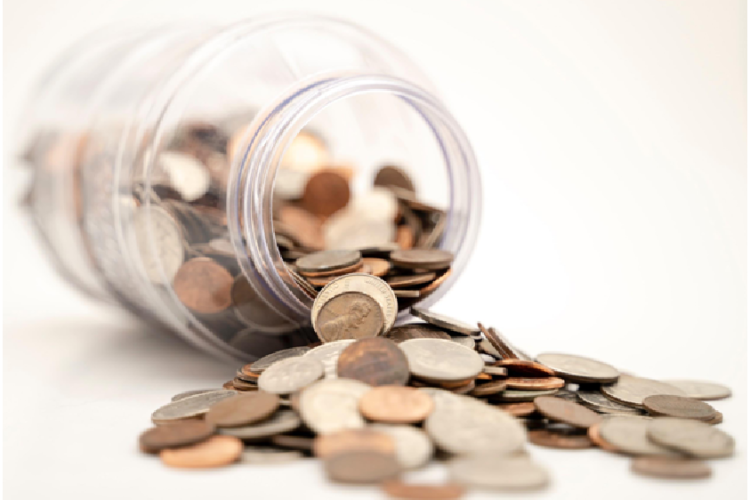No matter what stage of life you’re in, there are times where large, unexpected expenses come up. It’s often a big medical bill, but it could be any number of other things too – a natural disaster, a family event, or even the living expenses after losing your job until you can find the next one. For these events, it’s critical that you’ve got an emergency fund.
An emergency fund is a remarkably simple concept – it’s a pool of savings that you draw on when an unexpected expense arises – something that you haven’t accounted for in your day-to-day budget, and couldn’t predict ahead of time.
These happen more frequently than you’d think, and can range from an expense that is a minor irritation, through to a truly intimidating expense. In general, experts recommend that you should build that emergency fund to the point that it can cover six months’ worth of expenses… and most people just don’t have that. So why is the emergency fund so important? There are four key reasons:
It gives you a buffer against the craziness of life
New Zealand for instance, has lower rates of personal bankruptcies than many places around the world, but that’s not to suggest that it doesn’t happen. Medical expenses, job loss, irresponsible use of credit, and natural disasters can call push a person into a financially unsustainable position if they don’t take steps beforehand.
Other people might rely on investment for a sizable part of their income, only to have that investment go bad and they lose everything. At its most basic, an emergency fund ensures that when “life” happens, you’re not left with a stack of bills that you can’t pay.
It can supplement insurance
It depends on the insurance policy that you have, but having insurance rarely means that you’re completely covered for any costs incurred, and these costs can be very significant indeed. Most insurance policies include excesses – the amount you’re required to pay when making a claim on your policy, with the insurer covering the remaining amount.
The thing that trips many people up is that excess might itself be quite significant. You might need to visit the dentist, and insurance might cover $1500 of the fee, which is great… except the excess is $800. It’s still a significant amount of money, even if the insurance policy covers the bulk of it.
Another example might be home and contents insurance. To keep the policy premiums to a minimum, you might choose not to cover contents that have depreciating value – your television, for example. That way, if something were to happen to the house, the home and contents policy can cover the expensive things that don’t depreciate in value, while you can use the emergency fund to cover the cost of the less long-term things in your home.
The emergency fund can ensure that those excesses don’t hurt your budget and that you’re able to take advantage of your insurance without risking going into debt in the process.
It can reduce financial anxiety
Financial anxiety is not just for people who have no money – even those in good jobs and houses can worry about losing it all if they feel like they’re on the precipice. That stress can start to impact on a person’s lifestyle and even health, and in a tragic case of irony, that can cause them to make the kind of mistakes that can lead them to lose their jobs and ending up in financial distress.
Having that emergency pool of money is essential for ensuring that a person feels like they’re in a good place in life, with the security to be confident in what they’re doing.
It opens up the opportunity to take on new challenges
Working for yourself – whether that be as a freelancer, consultant, or sole trader/entrepreneur, is the dream of many, but it’s a dream that goes unrealized because working for yourself also comes with inherent financial risks. Where are the bills going to be paid from, and have you got enough work in the pipeline to cover your living expenses?
That emergency fund is a tool that will allow you to break free of the corporate shackles and live the dream. It shouldn’t be thought of as a startup business fund, of course, but it is a useful backup to have, just in case an invoice from a client is slow coming through one month, or you’re working on a big, multi-month project but limited for time for other incremental income until the payoff.
In essence, the emergency fund is a savings pool designed to protect you from financial distress. It’s difficult for people to come up with big, unexpected bills at the time, so having the money there already is the only solution to prevent the need to borrow and the interest fees that that attracts. Building an emergency fund can be as simple as putting aside $25 or so per week – it starts humble, but before you know it, the money pool will be in the thousands of dollars.

